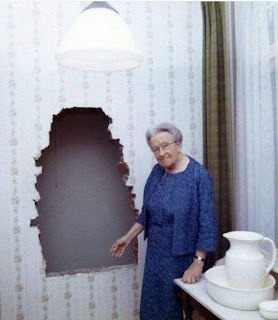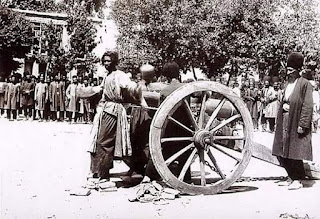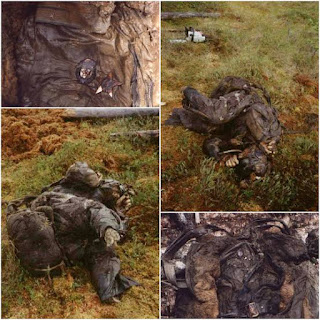How Corrie Ten Boom Saved Hundreds Of Jews From The Nazis.
How Corrie Ten Boom Saved Hundreds Of Jews From The Nazis.
Corrie ten Boom was a Dutch watchmaker who lived above her family's shop when the Nazis invaded the Netherlands in 1940.
Soon after, she and her family decided to build a secret room behind a wall in their home and use it to hide Jewish refugees before they could escape to freedom. Over the next four years, Corrie ten Boom saved more than 800 people from the Holocaust.
Cornelia Arnolda Johanna "Corrie" ten Boom (15 April 1892– 15 April 1983) was a Dutch watchmaker and later a Christian writer and public speaker, who worked with her father, Casper ten Boom, her sister Betsie ten Boom and other family members to help many Jewish people escape from the Nazis during the Holocaust in World War II by hiding them in her home. They were caught, and she was arrested and sent to the Ravensbrück concentration camp.
Her most famous book, The Hiding Place, is a biography that recounts the story of her family's efforts and how she found and shared hope in God while she was imprisoned at the concentration camp.
months, she was taken to her first hearing. At her trial, Ten Boom spoke about her work with people with mental disabilities; the Nazi lieutenant scoffed because the Nazis had been killing individuals with mental disabilities for years by their eugenics policies.
Ten Boom defended her work by saying that in the eyes of God, a mentally disabled person might be more valuable "than a watchmaker. Or a lieutenant."
Corrie and Betsie were sent from Scheveningen to Herzogenbusch, a political concentration camp (also known as Kamp Vught), and finally to the Ravensbrück concentration camp, a women's labor camp in Germany.
There, they held worship services after the hard days at work by using a Bible that they had managed to smuggle in. Through the two sisters’ teachings and examples of unfailing charity, many of the prisoners there converted to Christianity.
While they were imprisoned at Ravensbruck, Betsie and her sister began to discuss plans for founding a place of healing after the war.
Betsie's health continued to deteriorate, and she died on 16 December 1944 at the age of 59. Before she died, she told Corrie, "There is no pit so deep that He [God] is not deeper still." Twelve days later, Corrie was released.
Afterward, she was told that her release was because of a clerical error and that a week later, all the women in her age group were sent to the gas chambers.
Ten Boom returned home amid the "hunger winter". She still opened her doors to people with disabilities who were in hiding for fear of execution.






.jpg)

.jpeg)




.jpeg)

Comments
Post a Comment